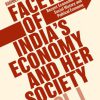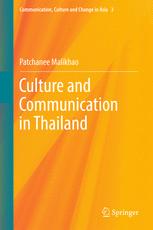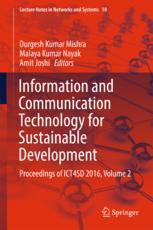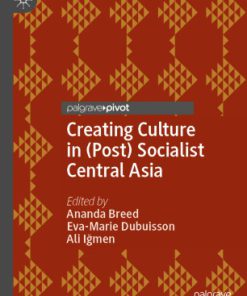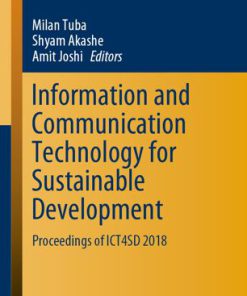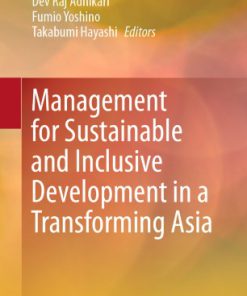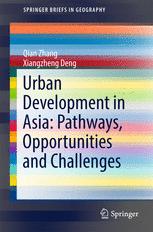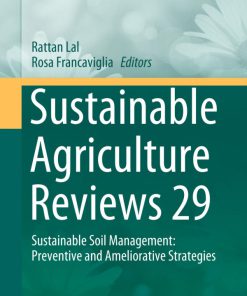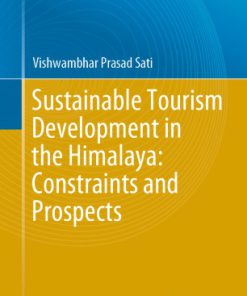Communication Culture and Ecology Rethinking Sustainable Development in Asia 1st Edition by Kiran Prasad ISBN 9811071039 9789811071034
$50.00 Original price was: $50.00.$25.00Current price is: $25.00.
Communication, Culture and Ecology Rethinking Sustainable Development in Asia 1st Edition by Kiran Prasad – Ebook PDF Instant Download/Delivery: 9811071039, 978-9811071034
Full download Communication, Culture and Ecology Rethinking Sustainable Development in Asia 1st Edition after payment
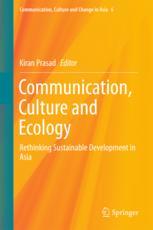
Product details:
ISBN 10: 9811071039
ISBN 13: 978-9811071034
Author: Kiran Prasad
Communication, Culture and Ecology Rethinking Sustainable Development in Asia 1st Table of contents:
1. Culture, Communication, and Capacity for Sustainable Development
1.1 Introduction
1.2 Culture as Capacity for Ecological Protection
1.3 Ecological Consciousness and Indigenous People
1.4 Worship of Trees
1.5 Eco-religion and Biodiversity as a Way of Life
1.6 Eco-cultural Traditions in Buddhism and Jainism
1.7 From Grey to Green: Revisiting Environmental Policies
1.8 Mapping Communication, Culture, and Sustainable Development
References
2. Cultural and Ecological Foundations for Sustainable Development
2.1 Introduction
2.2 A Buddhist Model for Sustainability
2.3 King Bhumibol’s Sufficient Economy Scheme
2.4 Development from a Thai Perspective
2.5 How to Plan for Community Development?
2.6 Buddhist Communication for Development
2.7 In Conclusion
References
Websites
3. Right Effort for Right Livelihood: Historical Model of Sustainable Development from Sri Lanka
3.1 Introduction
3.2 Contemporary Origins of Sustainability
3.3 Right Livelihood
3.3.1 Water Ecosystem or Tanks
3.3.2 The Home Gardens
3.4 Conclusion
References
4. Traditional Knowledge Systems, Culture, and Environmental Sustainability: Concepts from Odisha, India
4.1 Introduction
4.2 Review of Literature
4.2.1 Capitalism and Nature
4.2.2 From Tradition to Modernization and Back
4.2.3 India’s Environmental Challenges
4.3 The Case of Odisha
4.3.1 Odisha’s Environment, Development, and Its Tribal Peoples
4.3.2 Odisha’s Traditional Knowledge Systems
4.3.2.1 Manifestations in Language
4.3.2.2 Cultural Practices/Traditions
4.3.2.3 Loss of Biodiversity
4.4 Neoliberal States—No Place for Nature?
4.5 The Challenge of Traditional Knowledge
4.6 Conclusions
References
5. Toward the Sufficiency Economy Perspective: The Mass Media and Cultivation of Social Capital Among Communities
5.1 Introduction
5.2 Literature Survey
5.3 Conceptual Framework of “Sufficiency Economy”
5.4 Method
5.4.1 Hypotheses
5.4.2 Measurement
5.5 Results
5.6 Discussion
5.7 Conclusion
References
6. Making the Difference: Communicating Campaigns for Sustainable Development in the Opposition State
6.1 Introduction
6.2 The Malaysian Context
6.3 Media Ownership and Control
6.4 The State of Penang
6.5 Seeking the Public Sphere: Penang Forum
6.6 Public Sphere and Sustainable Development: A Theoretical Consideration
6.7 Two Contentious but Related Issues
6.8 Campaigns and Contestations in the Public Domain
6.9 Concluding Remarks
References
Websites
7. Communication for Development of the Nilgiri Biosphere Reserve
7.1 Introduction
7.2 Stopping of the Silent Valley Hydel Project
7.3 Water Resources in the Nilgiris
7.4 Honey Hunters
7.5 Human–Animal Conflicts
7.6 Lessons Learnt
References
8. Indigenous Communities of the Chittagong Hill Tracts in Bangladesh: Coping with Environmental Pressures
8.1 Introduction
8.1.1 Introduction and Background
8.1.2 Description of the Study Site
8.1.3 Rationale for the Study
8.2 Methodology
8.2.1 Tools and Techniques
8.2.2 Constraints and Limitations
8.3 Key Research Findings
8.3.1 Bengali Settlers and Migrants
8.3.2 Development Versus Environment
8.3.3 Militarization and Conflict
8.3.4 Land and Ownership
8.3.5 Policies and Development Initiatives
8.3.6 The Hill Forests
8.3.7 People’s Perceptions of Climate Change and Disasters
8.3.8 Degradation of Nature and Erosion of Cultures
8.4 Conclusion and Recommendations
8.4.1 Social Forestry
8.4.2 Village Common Forests
8.4.3 Research and Investigations
8.4.4 Alternative Income-Generating Opportunities
8.4.5 Basic and Extension Services
8.4.6 Secure Land Rights
8.4.7 Health and Sanitation
8.4.8 Cultural Identity
8.5 Concluding Remarks
References
9. Rethinking Crisis Communication at a Time of Climate Change: Lessons from the Philippines
9.1 Introduction
9.2 The Philippines and Natural Disasters
9.3 Creating Messages Attuned Toward the Social Construction of Disasters
9.4 Promoting Dialogue Rather Than Simply Disseminating Information
9.5 Incorporating New Media as Part of the Media Mix
9.6 Utilizing a Community-Based Information Flow Parallel to the Traditional Top-to-Bottom Approach
9.7 Conclusion
References
10. Media Perspectives on the Particulate Matter (PM 2.5) Crisis in China
10.1 The Emergence of Particulate Matter 2.5 Crisis in China
10.2 Rising Awareness of Chinese People on Environmental Protection
10.3 The Possible Resolution of China’s PM 2.5 Crisis
10.4 Conclusion
References
11. Shifts and Challenges of Communication for Sustainable Development in Indonesia
11.1 Introduction
11.2 Failing Mechanistic Approach: The New Order
11.3 “Organic Approach” and Its Challenges: The Reformasi
11.4 Conclusion
References
12. Communication of Inclusive Innovation for Sustainable Development in India
12.1 Introduction
12.2 Research Questions
12.3 Inclusive Innovation for Sustainable Development
12.4 ICT Innovation and Inclusion
12.5 Discussion and Findings
12.6 Conclusions and Recommendations
References
13. Future Directions in Communication and Culture for Sustainable Development
13.1 Introduction
13.1.1 Gender Equality and Inclusive Communication
13.1.2 Communication of Indigenous Knowledge in Sustainable Development
13.2 Right to Information
13.3 Citizen Journalism
13.3.1 International and Intercultural Communication for Sustainable Regional Development
People also search for Communication, Culture and Ecology Rethinking Sustainable Development in Asia 1st:
communication ecology definition
a cultural approach to communication summary
ecology of communication
environmental communication-a journal of nature and culture
human culture and communication
Tags:
Kiran Prasad,Communication,Culture,Ecology,Rethinking,Sustainable,Development,Asia 1st
You may also like…
Cookbooks
Politics & Philosophy
Culture and Communication in Thailand 1st Edition Patchanee Malikhao (Auth.)
Engineering - Telecommunications
Politics & Philosophy
Creating Culture in Post Socialist Central Asia Ananda Breed
Engineering - Telecommunications
Business & Economics - Mathematical Economics
Management for Sustainable and Inclusive Development in a Transforming Asia Hiromi Shioji
Travel - Asia - Travel



